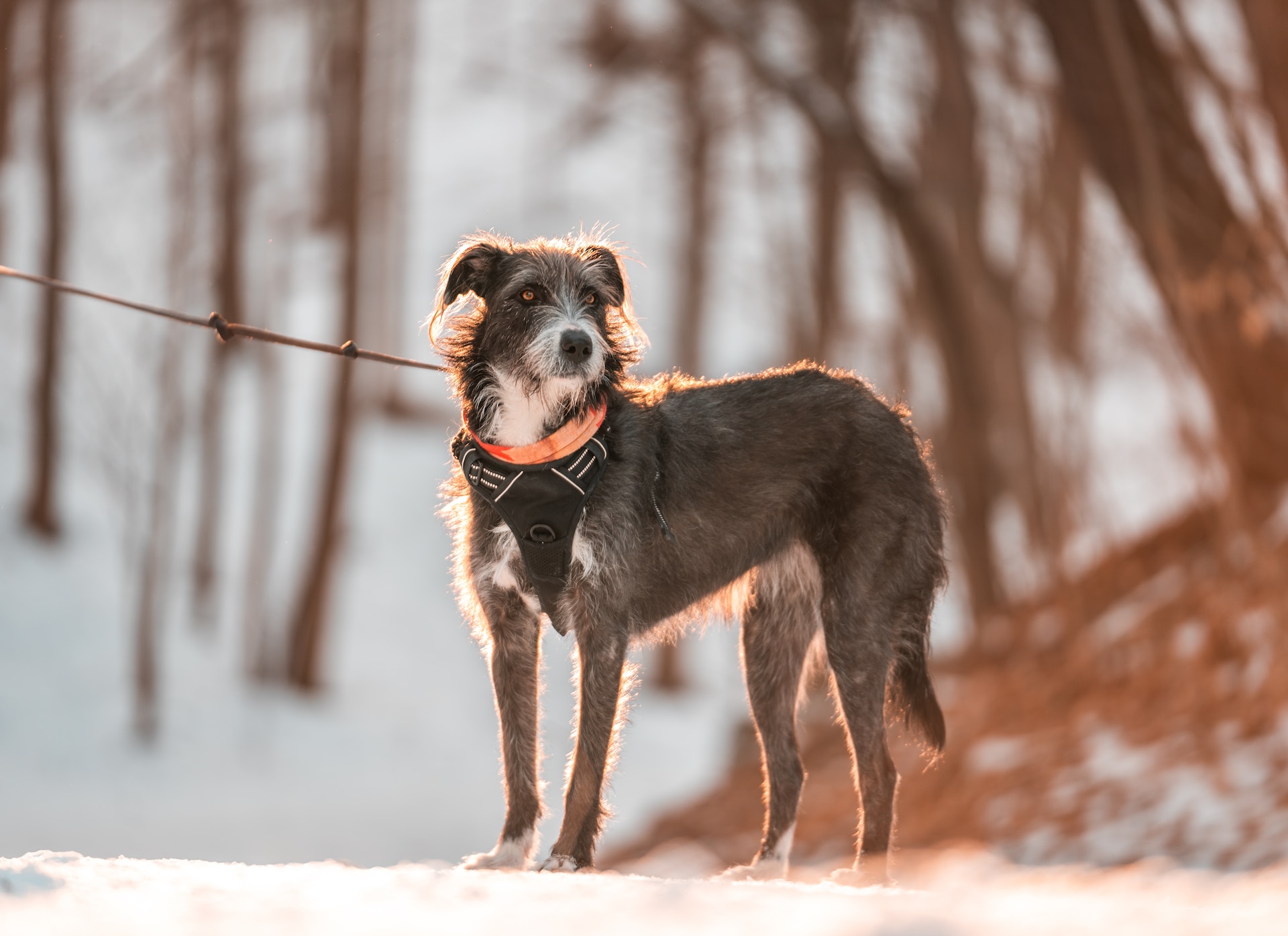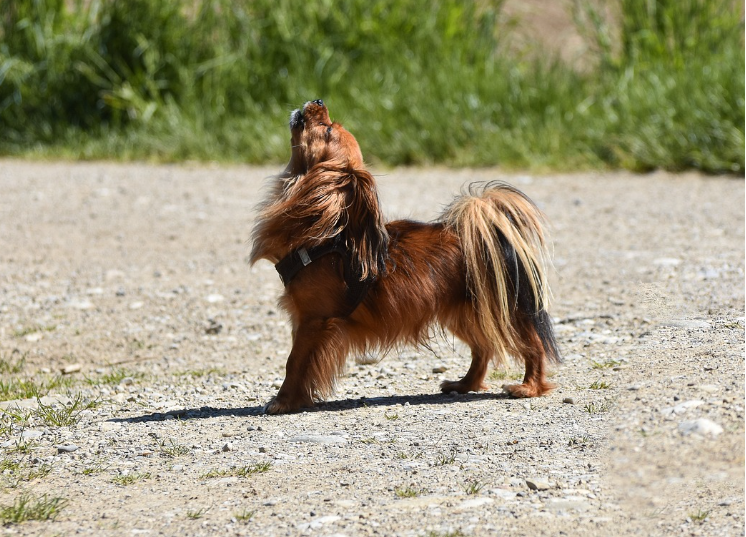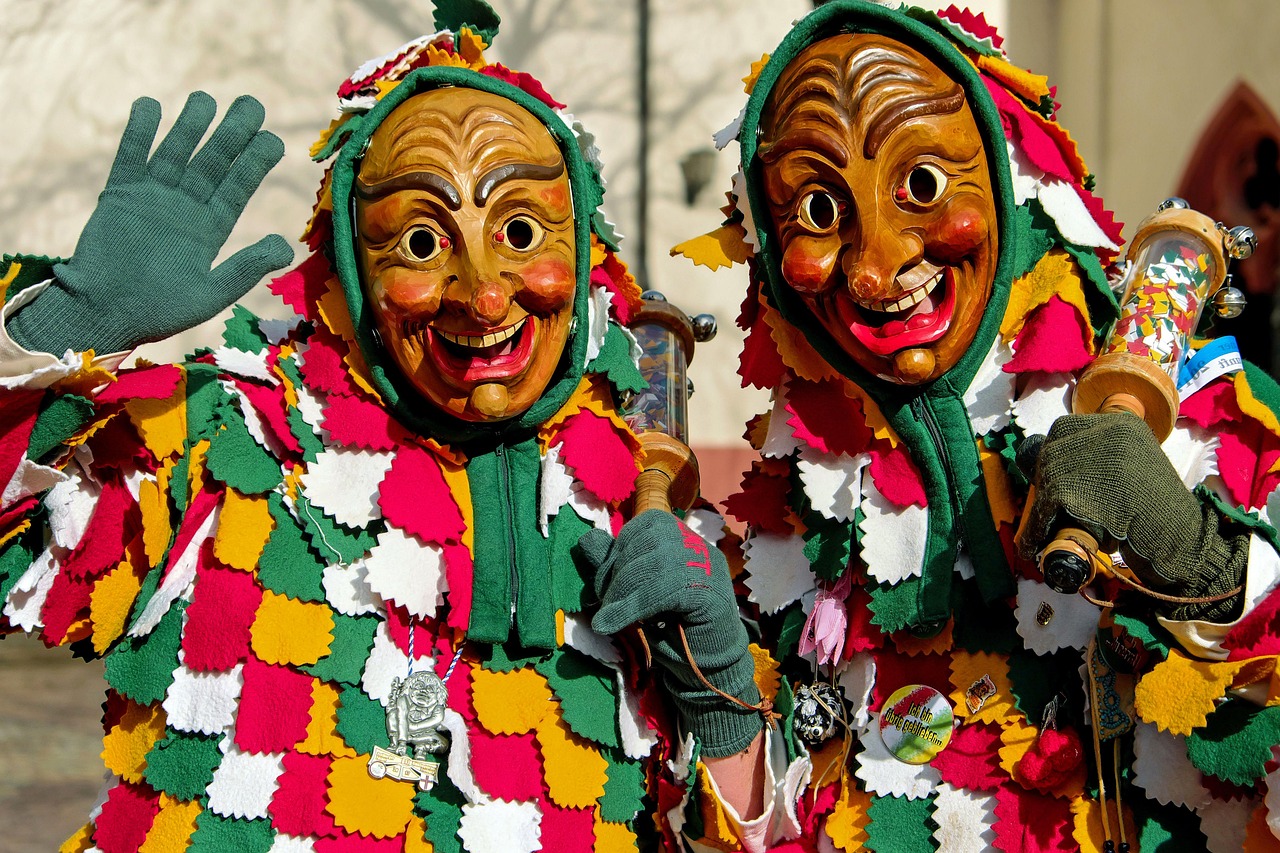
Irish Wolfhounds – A Brief History Lesson
The Irish Wolfhound canine breed was created in ancient times by pairing the large dogs of Great Britain to the Middle Eastern coursing hounds that were traded across naval trading routes. There is even a historical record of Roman consuls receiving Irish Wolfhounds as gifts from lords in Ireland as tribute. It was said that “all Rome viewed with wonder.” these majestic dogs. There was even a saying that went: “Gentle when stroked, fierce when provoked”.
The Irish Wolfhounds were used to hunt big game like elks and keep the wolf population under control. Sadly, before the 18th century was over, the breed lost its calling as most of the wild game and wolfs were hunted into extinction and it appears the IWs were fated to go the way of the dodo.
In 1862, British army captain George Augustus Graham began his search for whatever was left of the Irish Wolfhounds. Graham made it his life’s work to protect, standardize, and promote the breed. Fortuitously, the breed became very popular for their kind and friendly demeanor as well their imposing size.
Irish Wolfhound Size
The IWs are considered the tallest of the hound breeds. The male Irish Wolfhounds can reach up to 3 feet/36 inches (~91 cm) at the shoulders and the females a bot smaller but they are still very imposing. The male IWs can reach up to 180 pounds (~81 kg) and the females are of course a bit smaller. These dogs may be big but they are ill-suited to working as Balance Aid Service Dogs due to their inadequate bone structure and muscle mass. Please, keep in mind that the Irish Wolfhounds are not suited to apartment living due to their size.
Irish Wolfhound Lifespan
The Irish Wolfhounds are rather short-lived compared to medium-sized and small-sized dog breeds as they only live up to 8 years with a good diet and regular exercise. It is advisable to take an IW to the vet at least two times per year. It is a bad idea to raise these dogs in a house with stairs because the Irish Wolfhound puppies grow rapidly and these dogs are prone to hip dysplasia (a loosening of the hip joint, which causes dysfunction and pain).
Irish Wolfhound Health Profile
These canines are prone to life-threatening medical conditions like bloat. This is a condition where a dog's stomach fills with gas, food, or fluid and subsequently twists. Bloat causes severe pain and can have a fatal end. Also, the IWs are frequently diagnosed with heart problems, cancers, and liver shunt (a dysfunctional liver).
The Irish Wolfhound puppies are rather energetic but the adults are mostly mellow and can become couch potatoes. We strongly recommend you give your IW at least an hour of walking and a bit of playtime at home to keep them mentally stimulated. It is a bad idea to leave an Irish Wolfhound to run around without a leash. Make sure your dog is in a properly fenced yard before leaving your hound to run around.
Irish Wolfhound Grooming
They shed but not as much as other dogs and they do not have a shedding period like other canines. Brushing at least once a week should be enough to keep their wiry coat in good shape. Bathe your IW at least once a month or more often if they develop the “doggy smell”. The Irish Wolfhound is a rather active dog outside but you should still make sure to check on their nails. They may still need trimming at least once a month. Spots that need extra attention and care are their eyes and ears – check them often for redness which is a sign of infection or irritation. Also, make sure to clean their teeth at least once a week to prevent gum diseases.
Irish Wolfhound Personality
They pair well with other dogs but you should not let them be in the company of small animals unsupervised. If you have small pet rabbits, parrots, or other small pet animals you should not leave an Irish Wolfhound around them unattended. Irish Wolfhounds are generally kind and have a very sweet nature. Although their size can be a deterrent to would-be intruders into your home, these dogs are friendly and not suited for guard duty.
These animals are easy to train but you need to be firm and try to stay gentle. The Irish Wolfhound does not respond well to harsh punishments so try to avoid those. Yelling and shouting will not aid you in training this type of dog. It is highly recommended to use primarily Positive Reinforcement.
Use treats, praises, and love to encourage your dog in training. Otherwise, you may find your canine partner experiencing anxiety and come to bite you if you are too harsh. The Irish Wolfhound is sensitive and you should use that to your advantage if you want to make your tall and furry companion a capable service dog.
Service Dog Training For Irish Wolfhounds
Although the Irish Wolfhound looks big and reliable they are not suited to guard duty or helping a person keep their balance. The Irish Wolfhound can help you pick up items from the ground and serve as a scary deterrent to would-be intruders on your property. Only IW owners know how sweet and loving their nature actually is. The Irish Wolfhound is a snugglebug and we believe it to be best suited to the role of a Psychiatric Service Dog. However, they can be a bit clumsy around young children and you should make sure that your family members know how to interact with the Irish Wolfhound.
Irish Wolfhounds can provide anxiety and panic attack assistance.
They can be trained to recognize the signs of anxiety or panic attacks in their users. They can provide deep pressure therapy by leaning against or lying on their handlers to help calm them down. Psychiatric Service Dogs may also nudge or paw at their handlers to redirect their focus and help prevent or mitigate an impending panic attack.
Irish Wolfhounds can be great at interrupting repetitive or self-destructive behaviors.
For individuals who engage in repetitive or self-destructive behaviors, Irish Wolfhounds can be trained to interrupt those behaviors. For example, they may nudge their user’s hand to divert attention away from skin-picking or self-harm.
The Irish Wolfhound can serve as a buffer between you and other people.
Service dogs can be trained to provide sensory assistance by acting as a physical barrier. An Irish Wolfhound can be trained to help you navigate crowded spaces and provide a sense of security and emotional support in anxiety-inducing situations.
Your IW can remind you to take your medication.
These dogs can be trained to remind their users to take their medications at specific times. They may nudge their handler, bring a medication bottle, or perform a trained behavior to signal medication time.
Psychiatric Service Dogs often help prevent panic and anxiety attacks.
Some individuals experience physiological changes before an anxiety or panic attack, such as increased heart rate or shallow breathing. Your Irish Wolfhound can be trained to recognize these signs and alert you, which gives you the opportunity to take necessary measures to prevent or manage the attack.
The Irish Wolfhound can ground you and provide a sense of security.
You can have your dog trained to apply pressure by leaning against you, lie across your lap, or provide tactile stimulation through deep pressure therapy.
It's important to note that psychiatric service dogs are trained based on the specific needs of their handlers and their particular mental health conditions. The tasks they perform are tailored to provide support and assistance in accordance with their user’s unique requirements. You are welcome to check our self-trained Psychiatric Service Dog Training Course. It could be the best fit for your canine and you!
Are There Irish Wolfhound Puppies Near Me?
If you are based in the US or Canada there may be an easy way to connect to a IW breeder near you. The best locations to begin your search are the American Kennel Club Puppy Finder page and the Canadian Kennel Club Finding an Accountable Breeder page. If you are in another country that does not have a big organization that handles canine breeding then you might want to read our blog post “How to Choose a Reliable Breeder for Your Service Dog”.Of course, you can always search for Irish Wolfhound rescues in your local shelters. Whatever you may decide, please consider your financial and accommodation situation carefully so as to avoid negative experiences with the wonderful Irish Wolfhound.










